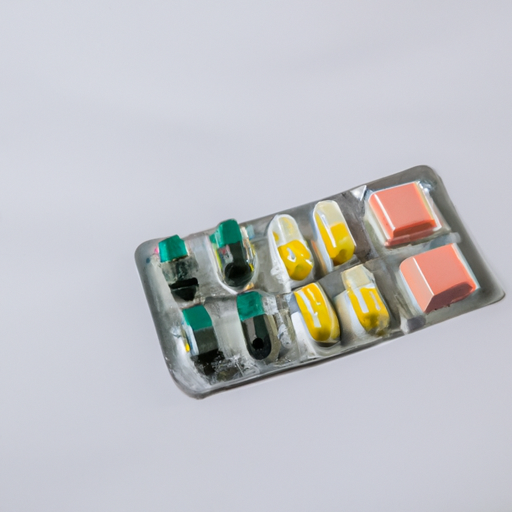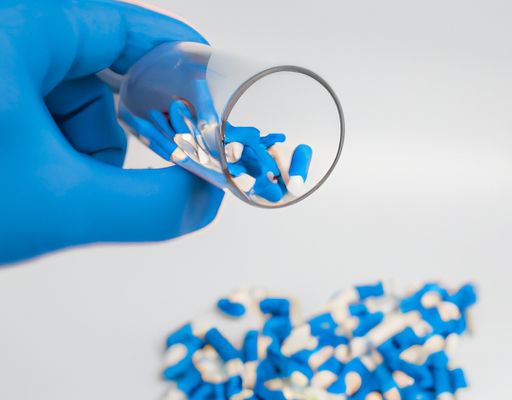Causes of burning skin after scratching
Have you ever noticed a burning sensation when you scratch your skin? It can be quite alarming to experience this, as it can cause discomfort and worry. But what is the cause of this burning? While it is usually nothing to worry about and can be treated simply, there are some medical conditions that can make the skin more susceptible to burning sensations when scratched. Things such as eczema, psoriasis, contact dermatitis, and even sunburn can cause the skin to become more sensitive to touch and scratch. These medical conditions can make the skin overly dry, leading to a burning sensation when scratched. Additionally, certain skin medications, such as steroids, can also make the skin more sensitive and cause the burning sensation when scratched. It is best to consult a medical professional to discuss any potential medical causes and treatments for burning skin after scratching.
– Physical trauma
When scratching your skin, it can lead to physical trauma, resulting in a burning sensation. The nerve endings in the skin are over-stimulated, resulting in irritation and pain. This can lead to long-term damage, leaving you with a sore, itchy and burning sensation. Here are some potential consequences of scratching your skin:
- Infection, since you can easily transfer bacteria and other pathogens to your skin when you scratch.
- Damage to your skin’s protective layer, leaving you more vulnerable to other irritants.
- Scarring, since the scratched-off layers of skin cannot be replaced.
- Long-term skin discoloration, where areas of the skin become darker or lighter in color.
It is important to practice good skin hygiene and to prevent scratching in order to keep your skin healthy and prevent these issues. Additionally, if the burning sensation persists, talk to your doctor to ensure there are no underlying health issues that need to be addressed.
– Allergic reaction
When your skin begins to burn after you scratch it, it could be the sign of an allergic reaction. Allergic reactions can be caused by contact with irritants like perfumes, dyes, fabrics, and even skincare products. Allergic skin reactions can range from mild itching to burning skin and hives. When triggered, the immune system releases histamine, which causes the skin to become inflamed and can cause a burning sensation. It is important to avoid further contact with the irritant and seek medical help if the reaction persists in order to find the root cause and prevent future reactions.
– Infection
If you experience a burning sensation when you scratch your skin, it could be a sign of an infection. Skin infections are caused by bacteria, viruses, or fungi and can result in inflammation, swelling, and pain. Bacterial skin infections can cause redness, heat, and swelling, as well as a burning sensation when you scratch the area. Viral skin infections, such as herpes and shingles, can cause a burning sensation in addition to itching and redness. Fungal skin infections, such as ringworm, can cause a burning sensation, as well as itching, redness, and scaly skin. In many cases, skin infections can be treated with antibiotics. However, if the infection is severe, it may require a more aggressive treatment plan. Contact your doctor if you experience a burning sensation when you scratch your skin, as it could be a sign of an infection.
Prevention
It is common to experience burning sensations when scratching the skin, although this may not always be the case. Scratching the skin can cause physical damage to the skin, leading to burning sensations. To prevent this, it is important to take care of your skin:
- Keep your skin hydrated with a suitable moisturizer.
- Avoid using harsh soaps or detergents to cleanse the skin.
- Avoid excessive sun exposure, which can cause sunburns and other skin damage.
- Do not scratch your skin, as this can cause physical damage to the skin.
- Use a gentle cleanser to clean the skin, such as a mild soap.
- Avoid using irritants on the skin, such as perfumes, dyes, and other chemicals.
- Protect your skin from the elements, such as wind, cold, and heat.
- See a doctor if you experience any unusual skin symptoms.
By following these simple steps, you can help to keep your skin healthy and prevent burning sensations when scratching the skin.
Tips to help relieve burning sensation
It can be alarming and uncomfortable when your skin burns after scratching it. This sensation is often caused by an irritation from pressure and friction on the skin. Fortunately, there are a few tips to help relieve the burning sensation. For example, you should take a break from scratching your skin and avoid clothing and fabrics that irritate your skin. You should also try to keep your skin moisturized and avoid hot baths and showers. Additionally, you can use cold compresses, aloe vera, or even a light, unscented moisturizer to soothe the area. If your skin is still burning after trying these tips, it might be a good idea to speak to a doctor or dermatologist to determine what is causing the irritation. With the right treatment, you can relieve the burning sensation and restore healthy skin.
When to see a doctor
When your skin burns after scratching, it’s important to ask yourself if this is a normal occurrence or if you should be concerned. You may want to consider seeking medical attention if:
- The burning sensation persists after you stop scratching.
- You have scratches and open sores that haven’t healed after several days.
- The skin around the affected area has become inflamed and red.
- You have a fever.
- You notice bumps or lumps around the affected area.
If you experience any of the above symptoms, it is best to seek medical advice to make sure the underlying cause is identified and treated. In some cases, scratching can be a sign of more serious skin conditions such as eczema, psoriasis, or skin allergies. Consulting your physician can provide insight into possible causes and effective treatment options.





No Comments